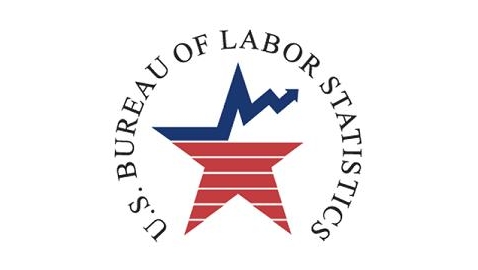Military Spouses Finding it Difficult to Gain Employment
Post Views 3The Military Officers Association of America and the Institute for Veterans and Military Families at Syracuse University announced the results of a join study on Wednesday, according to Stars and Stripes.
The study focused on military spouse employment and it found that 90 percent of female spouses said they were either underemployed or more than qualified for the job they held at the time of the study. The study found that military spouses earn 38 percent less than civilians and are 30 percent more likely to be unemployed.
“The results of the 2013 Military Spouse Employment Survey demonstrate a need for concerted efforts to improve the employment issues currently faced by military spouses,” Norb Ryan said. Ryan is a retired Vice Adm. And MOAA president.
The main reason for trouble finding employment is frequently moving to new locations.
“The increased likelihood of moving from one geographic location to another further compounds economic issues for these families,” the report stated.
Some of the other difficulties include limited job opportunities where troops are stationed and perceptions by employers of military spouses.
The study did not compare job opportunities between spouses overseas and those in the United States, but those overseas are more likely to find problems getting work. The reasons for this include limited on-base jobs, language barriers and SOFA restrictions.
The report recommends that the military find methods to reduce PCS moves that families need to make during a military member’s career.
“Any policy or recommended modification to personnel management within the Armed Forces, which reduces the frequency of PCS moves, will benefit the female spouses with respect to career advancement/promotion, increased earnings potential, and improved job/occupation opportunities,” the report stated.
The report also included recommendations for better child care and flexible employment schedules.
Those who responded to the study said that they ‘need’ to work and ‘want’ to work. Of those who responded, 55 percent said they ‘need to work’ and 90 percent said they ‘want to work.’
Spouses between the ages of 18 and 24 had a 30 percent unemployment rate, which is higher than all the other age groups. It is also three times higher than civilians.
“The results of this study demonstrate that these challenges are significant and pervasive,” said IVMF Director of Research, Rosalinda Maury, in a news release.
Military Spouses Finding it Difficult to Gain Employment by Jim Vassallo



 October Jobs Report Still Planned for Friday Release
October Jobs Report Still Planned for Friday Release  Intel to Reduce Employment Levels Due to Financial Results
Intel to Reduce Employment Levels Due to Financial Results  Crozer-Keystone Health System Laying Off 250 Employees
Crozer-Keystone Health System Laying Off 250 Employees  American Express to Slash Jobs
American Express to Slash Jobs  Cost of Raising a Child Jumps 2.6 Percent
Cost of Raising a Child Jumps 2.6 Percent  South Carolina Sets Employment Record in 2013
South Carolina Sets Employment Record in 2013  New Study Finds What the Recession has Done to Our Happiness
New Study Finds What the Recession has Done to Our Happiness  Obamacare Fails
Obamacare Fails